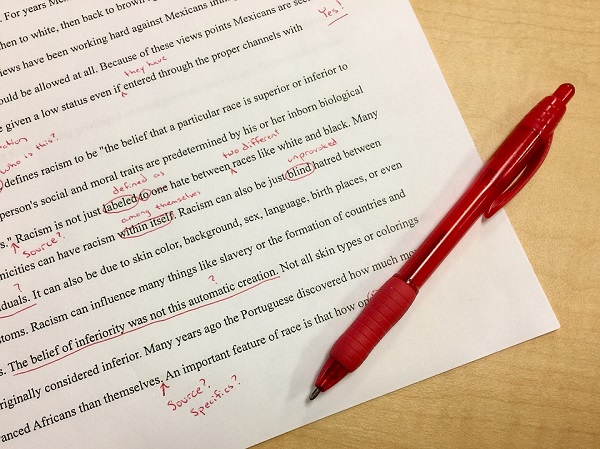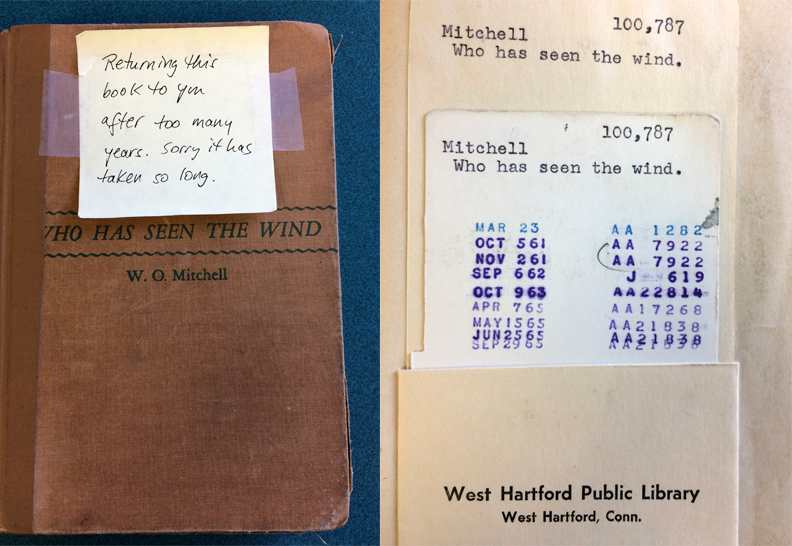It’s impossible to become a great writer overnight; becoming a better writer takes hard work, time, and dedication. However, creative writing is an incredibly rewarding and useful skill that’s worth taking the time to develop, and honestly, it’s really fun! Here are seven tips that I’ve gleaned from creative writing classes and experience:
1. Observe
If you’ve taken an art class, you were probably encouraged by your instructor to go out into the world and observe. Making observations from real life is the key to authenticity, which is true for writing just as much as it is for painting or drawing. A great method for observing people is to take a notebook and pen with you wherever you go and, when you can, write down your observations about the people you see.
Write down whatever comes to your mind, from how they look, to how they speak, to how they move. You can also make inferences and write them down as well. What sort of person do you think they are? What do you think they do in their day-to-day lives? What sort of hopes and fears might they have? Could your first impression be wrong? And, if you’re feeling brave enough, you can strike up conservations with people and ask them about themselves. You’d be amazed at the sorts of stories that ordinary people have to share.

Source: Pixabay
2. Write Down Ideas
It’s always good to have an idea of where you want to go before you jump wholeheartedly into your next project. Take some time to brainstorm. You can write your ideas down in a chart, or just write a page of flowing stream-of-consciousness unpacked from your brain. It’s also a good idea to keep a notebook with you at all times just in case you have a golden idea, say, while you’re waiting in line at the supermarket.

Source: Pixabay
3. Practice
The only way to really get better at anything is to practice and writing is no exception. Set aside some time every day and devote it to writing. Try to practice around the same time every day so that it starts to feel more like a habit than a chore. One great way to practice every day is by using some writing prompts (which you can find all over the internet, or you can make up your own). Set a timer for five minutes and don’t lift your pen from the paper until the timer stops. Repeat the process six times and you’ll have practiced for a full 30 minutes! Plus, you’ll have a notebook full of new ideas that you can use when brainstorming.

Source: Pixabay
4. Experiment
It helps to break from the routine sometimes and try something different. If you usually write creative fiction, try writing some poetry once in a while. If you write poetry, try writing non-fiction. Not only will this help you become a more rounded writer, but different types of creative writing require very specific skills that you can develop and then apply back to your favored type of writing. For example, poetry requires a heightened grasp of figurative language, which you can apply to writing figurative language-rich prose.

Source: Pixabay
5. Seek Criticism
It’s hard to put yourself out there and let people read your writing, much less let them critique it. Learning how to take criticism with grace is a skill unto itself, but the more you receive criticism, the easier it gets and the better your writing will be. Learn how to separate constructive criticism from destructive criticism. Remember, when people are giving you constructive criticism, it means that they’re interested in your writing. They see potential in it and want to help, and if you fight them over it, they may lose interest in helping you in the future. Ask people who you trust to review your writing and give honest criticism; alternatively, you can join or create a writer’s group to give and receive feedback.

Source: Pixabay
6. Revise
If you read a novel, there’s a good chance that it’s the product of dozens of revisions, maybe even more. In an interview, J.K. Rowling said that she wrote ten different opening chapters for Harry Potter and the Sorcerer’s Stone before the final one stuck! I’ll even revise this article a few times before it’s published – revising is just a natural process of writing. Most people won’t write a perfect draft the first time around, so even if you find yourself revising a lot, don’t sweat it. Some people find it helpful to power through an entire draft before doing revisions, so if you find yourself getting stuck on one particular passage, try leaving it alone and come back to revise later when your mind is fresh.

Source: Pixabay
7. Read!
In order to become a better writer, you have to be an avid reader – no exceptions! The best way to learn, after all, is to learn by observation. Read some great writers and make sure you’re paying attention to things like syntax, characterization, plot, and theme. Then, try to write a few paragraphs in the writer’s voice. You don’t have to just read classics, though: take notes on your personal favorite reads and try to figure out what you love about them and what makes them work.

Source: Pixabay
Check back next week for some tips on how to write a fictional world!
YouTube Channel: Katytastic
Featured image via Gwosdow Associates



